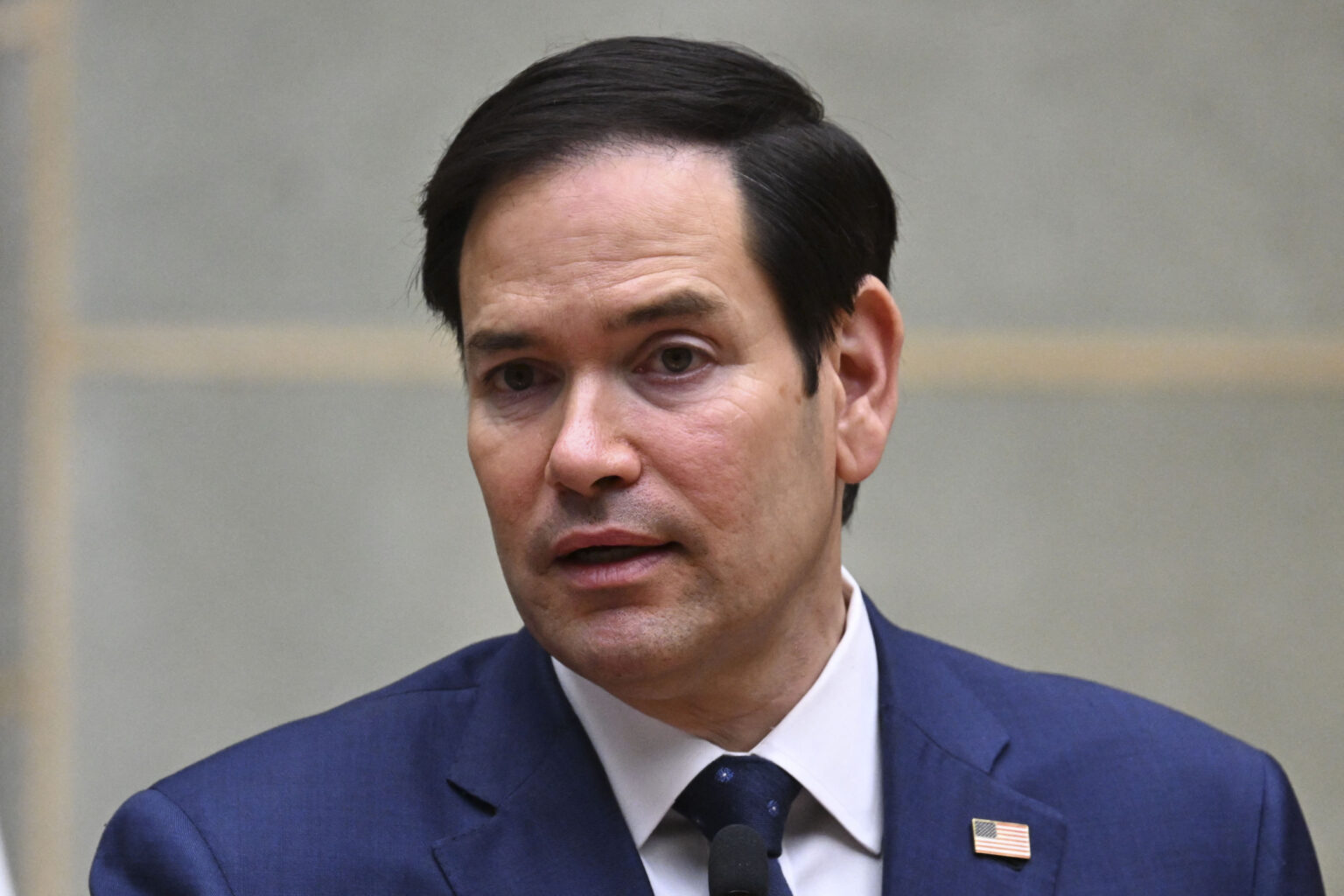Institutions, like individuals, do not stand still. They constantly advance or decay, and in recent years it would be hard to argue that the State Department has been advancing. Instead, this crippled institution has seen a dramatic decline in its prestige and influence. Reversing this decay will require long-term commitment as well as considerable courage. Last week, Secretary of State Marco Rubio accepted the challenge and began the process of making American diplomacy more effective. It is in our national interest that he succeeds.
All bureaucracies possess an urge to acquire new responsibilities and consume more resources. It is not in their nature to check themselves and the State Department has been no exception to this rule. Only outside intervention can break the cycle of bureaucratic self-aggrandizement. In more than 60 years of combined State Department service we never saw officers rewarded for cutting staff. Instead, in a system consistently focused on increasing budgets and staffing numbers we saw many examples of unnecessary or duplicated effort. Once when we proposed a method for making visa issuance more efficient, the initial response was “Why? Then we would have to reduce our staff.”
State Department personnel do not administer important government programs. They are employed primarily to advise and execute the foreign policies of the president. This does not require a large staff. In 1970, at the height of the Cold War, there were 3,000 foreign service officers. Today there are nearly 14,000. Clearly the State Department is ripe for cost-saving reorganization and staffing reductions. Rubio has made an excellent start by announcing a reduction of domestic staff by 15 percent.
A major source of the State Department’s growing inefficiency has been the unchecked creation of independent offices focused on specific issues such as human trafficking or food security. Each new office comes with senior positions, large budgets and an ever-growing staff. Over time these special interest offices moved the department further and further away from its core mission of defending American security and prosperity. Rubio has taken a commendable step toreverse this process by eliminating 132 of the State Department’s 734 offices and returning many issues to the regional bureaus that traditionally handled them.
We live in an age of rapid communication and easy travel, which means that our vast network of 276 embassies and consulates can be reduced and reorganized in the name of efficiency. Do we really need five consulates as well as an embassy in France? Moreover, the duplication of effort, confused lines of authority and gross overstaffing found in Washington is repeated in every one of our overseas posts. When we served together in Riyadh, Saudi Arabia, we concluded that half the staff could have been sent home without the slightest impact on Saudi-American relations.
An additional source of inefficiency has been the explosion of domestic government agencies represented overseas. Many departments including: Treasury, Justice, Homeland Security, Energy, Commerce, Agriculture, as well as numerous defense and the intelligence agencies, now comprise the bulk of most embassy staffs. In many places the State Department has become little more than an innkeeper for other agencies.
These agencies all have their own distinct agendas. Their budgets, staffing numbers, promotions and onward assignments are all controlled by their home agency, not the State Department or the ambassador. Their attention is very often focused on maintaining their independence from State and achieving bureaucratic success within their own agency. This creates not only many jobs of questionable value, but more importantly, embassies without a single recognized leader reporting to the president.
Perhaps the clearest example of this problem was the United States Agency for International Development (USAID). America’s financial assistance to foreign nations should be tightly aligned with our strategic policy goals as stated by the president and implemented by his ambassador. Unfortunately, that has not always been the case and in many embassies the USAID director acted with near total autonomy. We have seen instances where the USAID director completely ignored the wishes of both the ambassador and the host government to pursue with taxpayer dollars USAID’s own priorities. Fortunately, Rubio has now brought USAID’s residual functions directly under State Department supervision, thereby ensuring that foreign aid serves American national interests rather than those of favored NGOs or United Nations agencies.
Maintaining federal employees overseas is hugely expensive. It includes housing, transportation, health care, private school fees and much more. Interagency coordination is best done in Washington. Policy execution overseas is best left to the one agency specifically charged with American diplomacy. Thus, for reasons of both cost and unity of command, overseas staffing by domestic federal agencies needs to be reduced. In short, the regional bureaus should handle most issues within the State Department and the State Department should handle most issue overseas.
Rubio was confirmed by the Senate with overwhelming bipartisan support. He has recognized that cosmetic administrative change at the State Department will not stop, much less reverse, a process of decline that has been going on for years. Fortunately, he has demonstrated a willingness to undertake the significant strategic reforms needed to make the department more responsive to the president and more effective in dealing with foreign governments. His efforts will certainly face opposition from long-entrenched special interest groups, but national security is at stake, and he deserves our support.
David H. Rundell is a former chief of mission at the American Embassy in Saudi Arabia and the author of Vision or Mirage, Saudi Arabia at the Crossroads. Ambassador Michael Gfoeller is a former political advisor to the U.S. Central Command and a member of the Council on Foreign Relations. Both are fellows of the Benjamin Franklin Fellowship.
The views expressed in this article are the writers’ own.
Read the full article here

